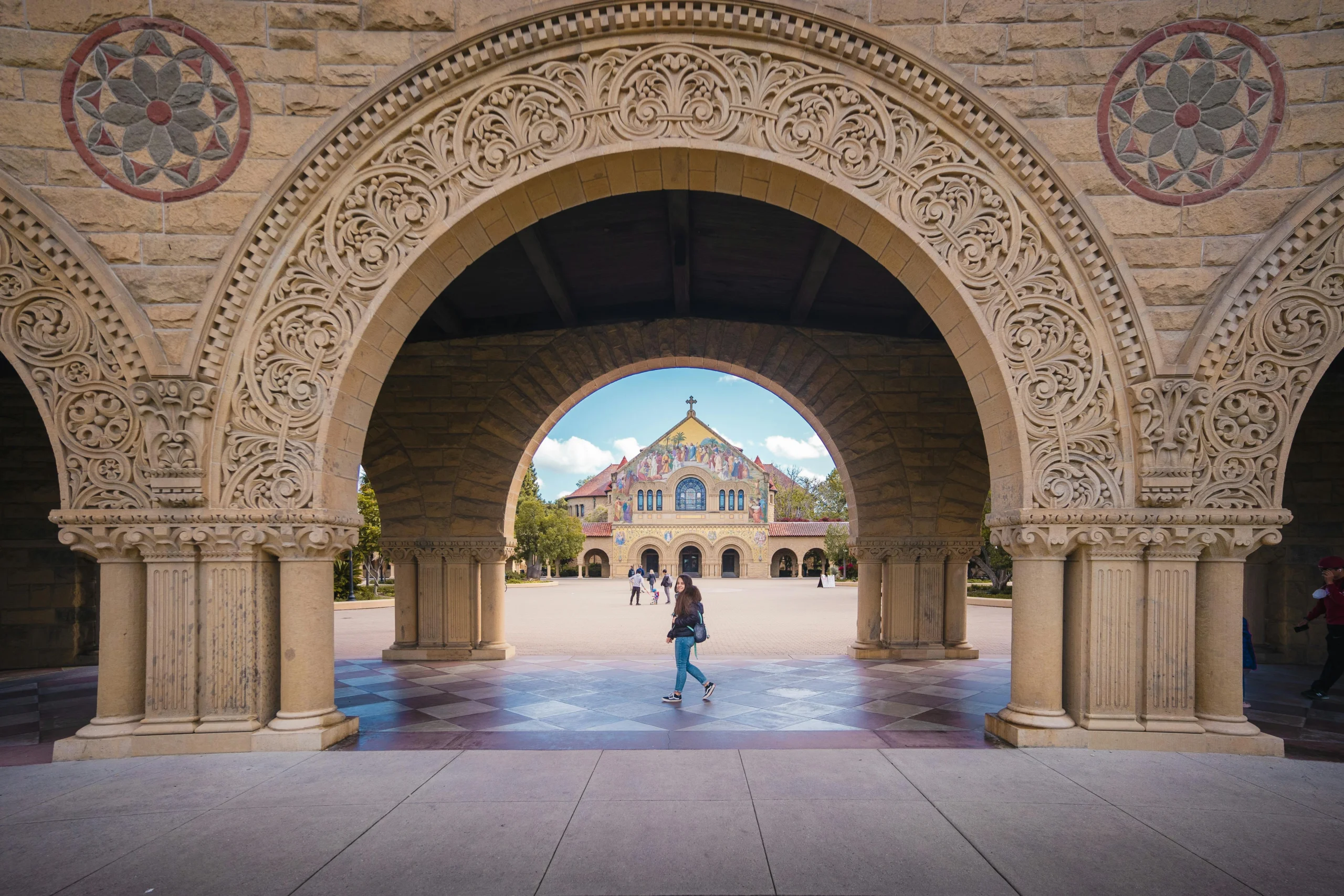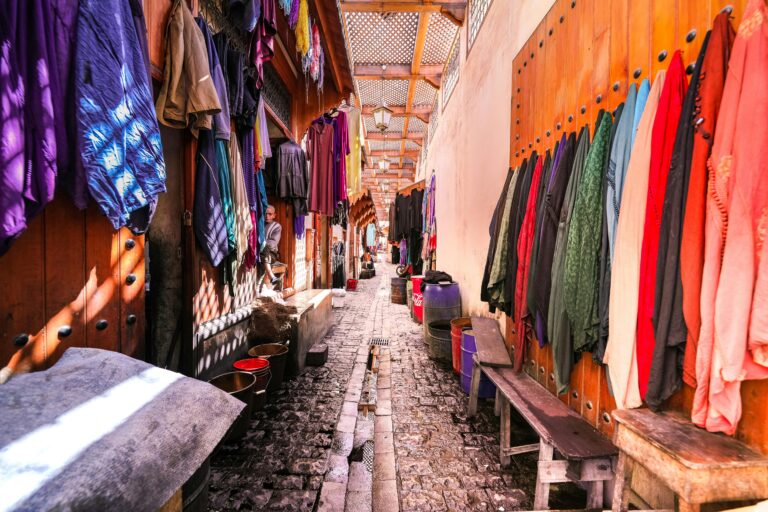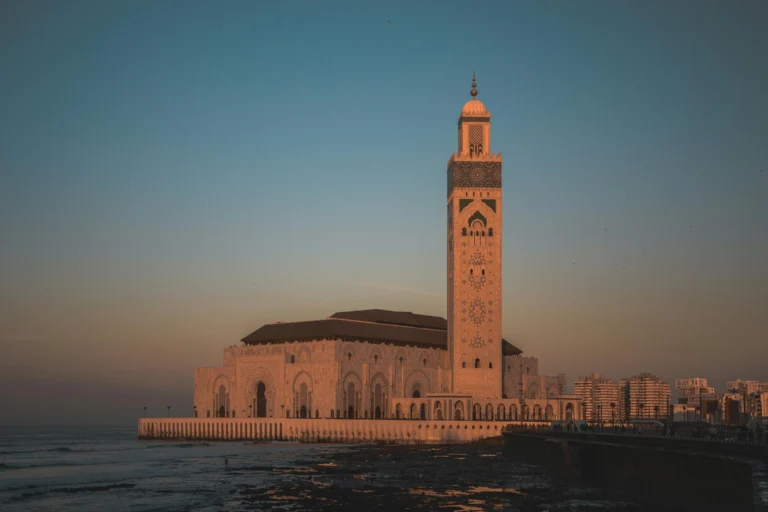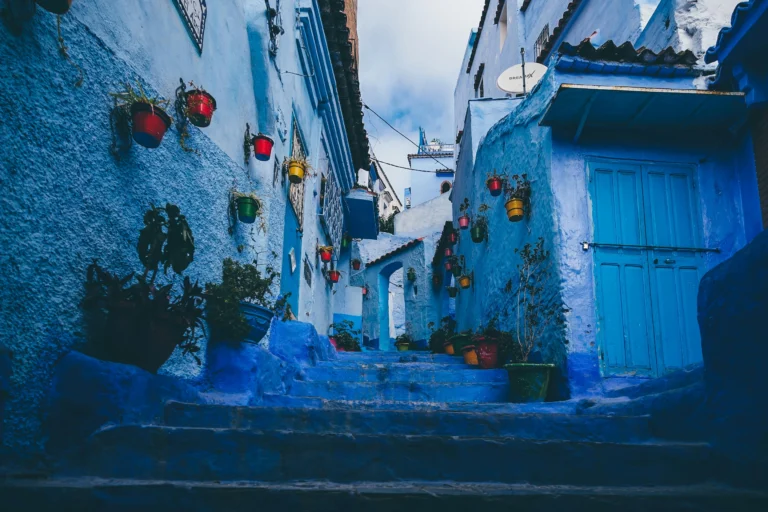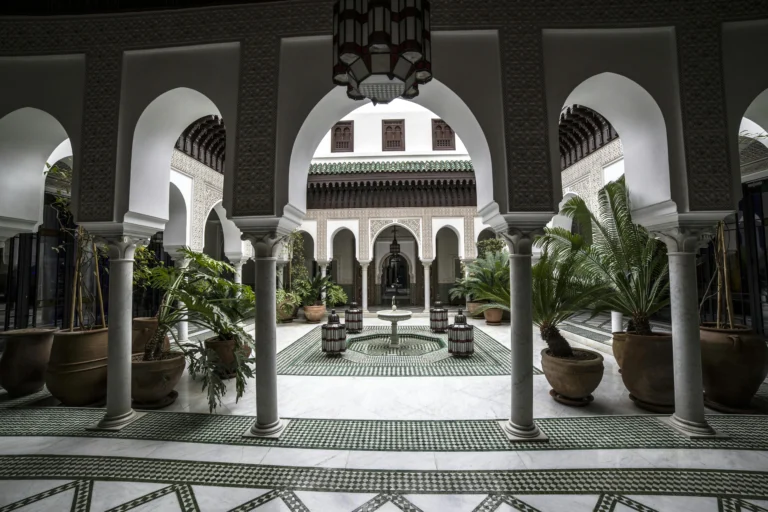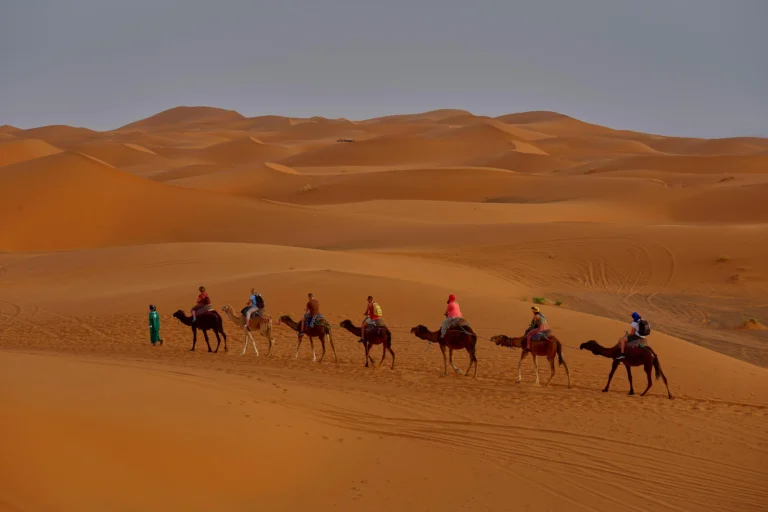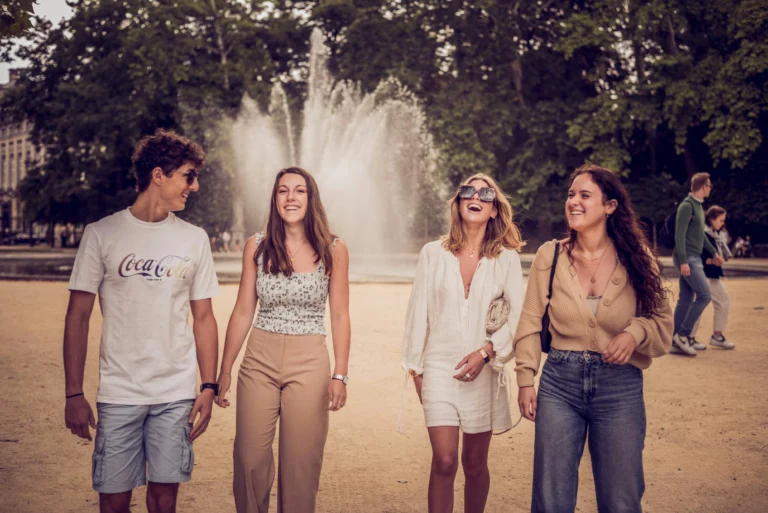Essential Morocco Travel FAQs for Adventurous Explorers
Estimated Reading Time: 5 minutes
- Understand visa requirements based on nationality.
- Explore transportation options for different travel styles.
- Learn about currency and payment methods in Morocco.
- Familiarize yourself with cultural etiquette to enhance interactions.
- Be aware of safety and health precautions to ensure a smooth trip.
Table of Contents
- Understanding Entry Requirements: Do You Need a Visa?
- Navigating Transportation: How to Get Around Morocco?
- Currency and Payments: What You Need to Know About Money in Morocco
- Cultural Etiquette: What Should You Know?
- Safety and Health: What Are the Precautions?
- Conclusion: Embracing the Adventure of Morocco
Understanding Entry Requirements: Do You Need a Visa?
One of the most common queries regarding travel to Morocco involves visa requirements. Depending on your nationality, you might need a visa to enter the country. Citizens from the EU, the USA, Canada, Australia, and several other countries do not require a visa for stays of up to 90 days. However, travelers from nations like India, China, and some African countries typically need to apply for a visa prior to travel. It’s essential to check your specific requirements on the official Moroccan government website or consult with your country’s embassy for up-to-date details.
Actionable Advice:
- Before traveling, verify your visa status and make sure your passport is valid for at least six months beyond your planned departure from Morocco.
- For those who require a visa, apply well in advance to avoid any last-minute complications.
Navigating Transportation: How to Get Around Morocco?
Transportation in Morocco can be an adventure on its own! The most common modes of transport include buses, taxis, and trains. The country’s train service is particularly efficient for connecting major cities such as Casablanca, Marrakesh, and Fes. In urban areas, petit taxis are the norm—small, metered cabs that can take you around cities affordably. For longer distances, consider taking a grand taxi, which can be more cost-effective and convenient for groups.
When traveling to more remote locations, renting a car is also an option, but be prepared to navigate roads that can be less maintained than what you might be used to.
Actionable Advice:
- Book train tickets in advance for popular routes, especially during peak tourist seasons.
- When using taxis, ensure they are metered. If not, negotiate the fare beforehand to avoid any surprises.
Currency and Payments: What You Need to Know About Money in Morocco
The local currency in Morocco is the Dirham (MAD). It is advisable to exchange some money into Dirhams upon arrival, especially for small purchases and transportation. Credit and debit cards are widely accepted at hotels, restaurants, and shops in urban areas, but it’s always a good idea to carry some cash when traveling to rural regions.
ATMs are available in most cities, and they usually offer a competitive exchange rate—just be aware of your home bank’s fees!
Actionable Advice:
- Notify your bank about your travel plans to avoid any issues with your cards while in Morocco.
- Always keep a small amount of cash on hand for instances where card payments are not accepted.
Cultural Etiquette: What Should You Know?
Morocco boasts a diverse cultural tapestry, influenced by Berber, Arab, and French traditions. Respect for local customs is paramount when interacting with Moroccans. Dress conservatively, particularly in rural areas or when visiting religious sites. It’s also courteous to greet locals with “Salam Alaikum” and to be mindful of Ramadan, during which fasting occurs from dawn until dusk.
Actionable Advice:
- Familiarize yourself with local customs and phrases. Learning a few words of Arabic or Berber can go a long way in establishing rapport with locals.
- Respect cultural norms regarding attire and behavior, especially in more conservative regions.
Safety and Health: What Are the Precautions?
Morocco is generally a safe destination for tourists, but like any travel destination, one should exercise caution. Petty crime, such as pickpocketing, can occur, particularly in busy markets and tourist areas. Always be mindful of your belongings and stay aware of your surroundings.
Health-wise, it’s advisable to drink bottled water and be cautious with street food, as not all food handling practices meet your home country’s standards. Additionally, travel insurance is highly recommended for any unforeseen health issues or emergencies.
Actionable Advice:
- Register your travel itinerary with your country’s embassy for added security.
- Consider vaccinations and consult a healthcare professional before traveling for personalized health advice.
Conclusion: Embracing the Adventure of Morocco
Traveling in Morocco offers a unique blend of adventure, culture, and exploration. By understanding the logistics surrounding visas, transportation, currency, and local customs, you can enhance your travel experience significantly. At DELEGG, we specialize in optimizing your business and travel logistics with our virtual assistant services. An assistant can help you with research, itinerary planning, or even language translation to make your journey even smoother.
If you’re ready to take the first step in planning your exceptional Moroccan adventure or if you’re looking for professional support in navigating travel logistics, don’t hesitate to reach out to us. Explore how our innovative delegation and operational efficiency strategies can transform your plans and amplify your travel experience.
Contact us today to learn more about how we can support your travel needs!
For further reading and planning assistance, you may refer to official resources such as Morocco Tourism or other travel advisories relevant to your nationality. Happy travels!

